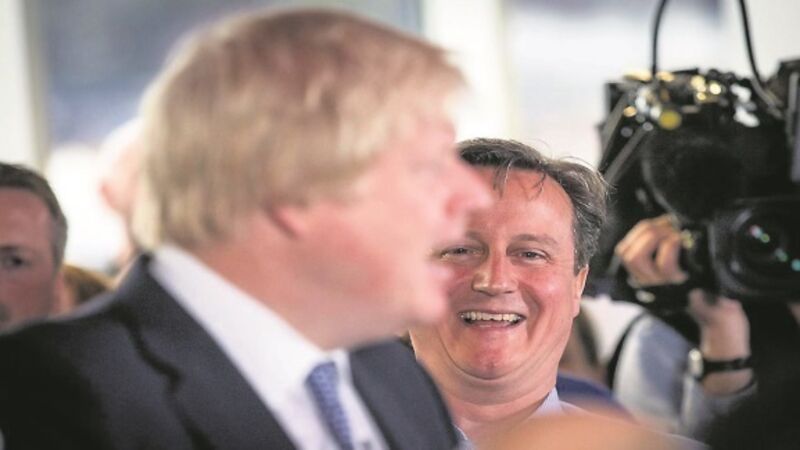Britain may take ‘leave’ of its senses and vote to quit the EU

Britain may actually do it. With a week to go before the Brexit referendum, on June 23, polls say the campaign to quit the European Union is ahead. The British government, and its allies in the Remain campaign, are alarmed.
Why is this happening?
















